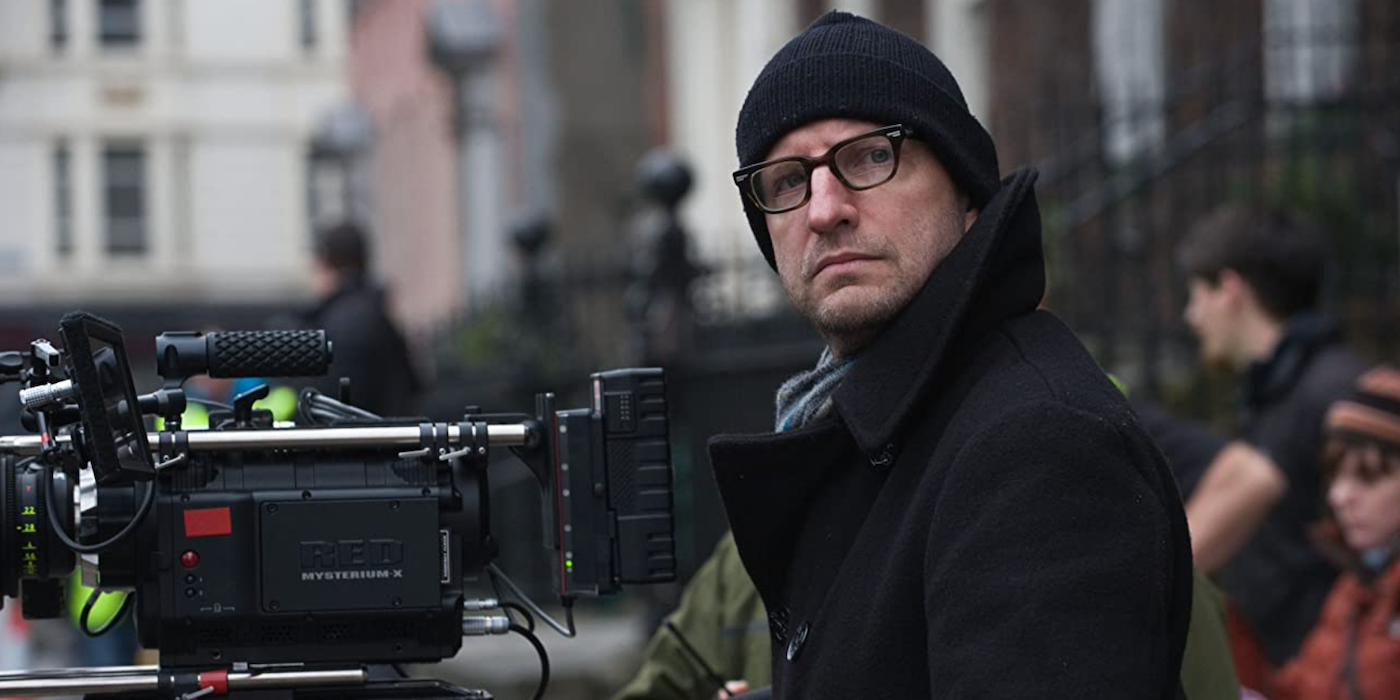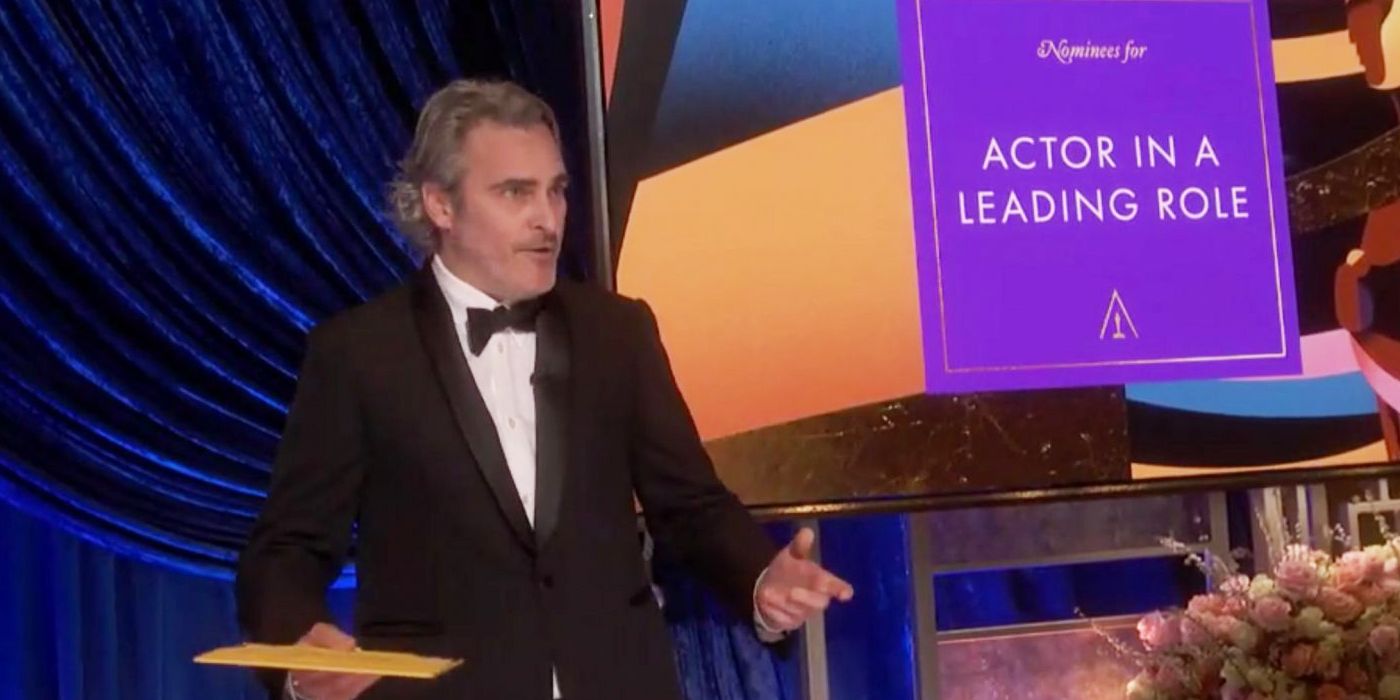Director Steven Soderbergh is speaking out about the dramatic ending to the 93rd Academy Awards, the ceremony which he produced. Soderbergh hasn’t commented on the new order of the awards until now, and explains that decision in a new interview with the Los Angeles Times.
This year’s show saw a shift in the order of presentation, with Best Picture being awarded before Best Actress and Best Actor — which closed out the evening. It was the first time in history this had been done, and many speculated once the change was evident, that it likely meant Chadwick Boseman would posthumously win Best Actor for Ma Rainey’s Black Bottom. The award ultimately went to Anthony Hopkins for The Father, and the show swiftly ended, confusing viewers at home.
“That was something we were going to do well before the nominations came out — we talked about that in January. It’s our belief — that I think is not unfounded — that actors’ speeches tend to be more dramatic than producers’ speeches. And so we thought it might be fun to mix it up, especially if people didn’t know that was coming. So that was always part of the plan,” the Oscar-winning director noted. “And then when the nominations came out and there was even the possibility that Chadwick could win posthumously, our feeling was if he were to win and his widow were to speak on his behalf, there would be nowhere to go after that. So we stuck with it.”
Soderbergh’s explanation for the ceremony shake-up brings clarity to those wondering why he chose to change such a strong tradition. Despite directing the Academy Awards, Soderbergh still wasn’t privy to the night’s big winners, as only two members of PricewaterhouseCoopers are trusted with that information prior to the ceremony. When it comes to his own predictions though, the Ocean’s 11 director said there were no assumptions:
“I said if there was even the sliver of a chance that he would win and that his widow would speak, then we were operating under the fact that was the end of the show. So it wasn’t like we assumed it would, but if there was even a possibility that it would happen, then you have to account for that. That would have been such a shattering moment, that to come back after that would have been just impossible.”
The Soderbergh-directed Oscars saw the lowest viewership in the show’s history, with just 9.85 million viewers, according to Deadline.


